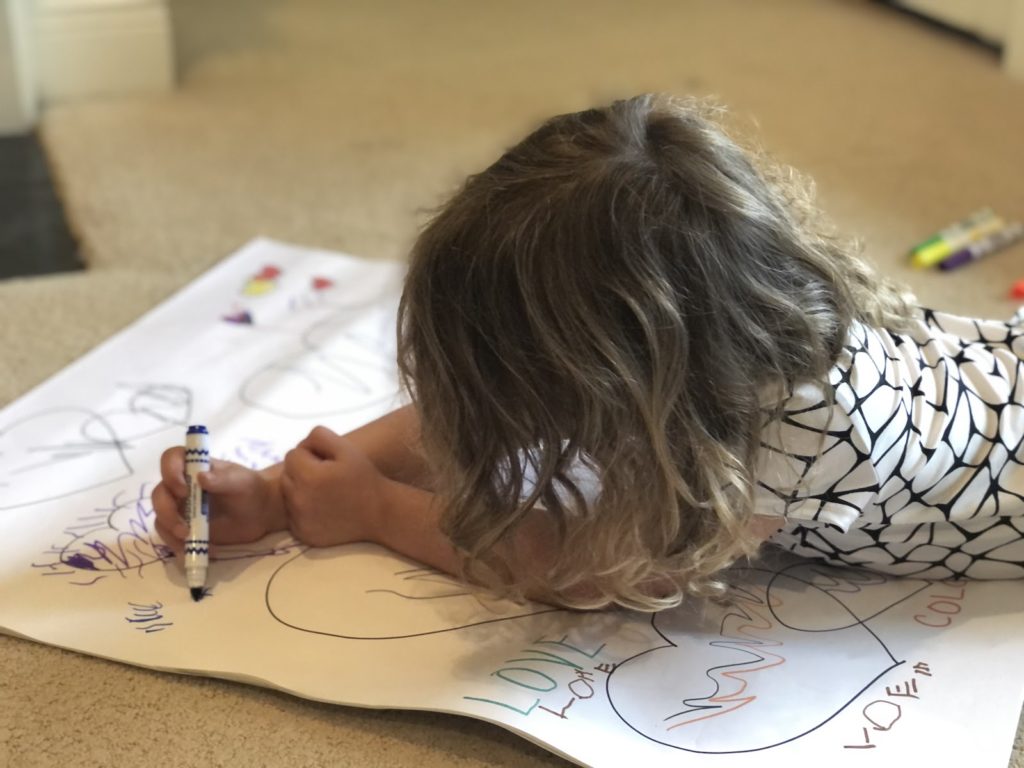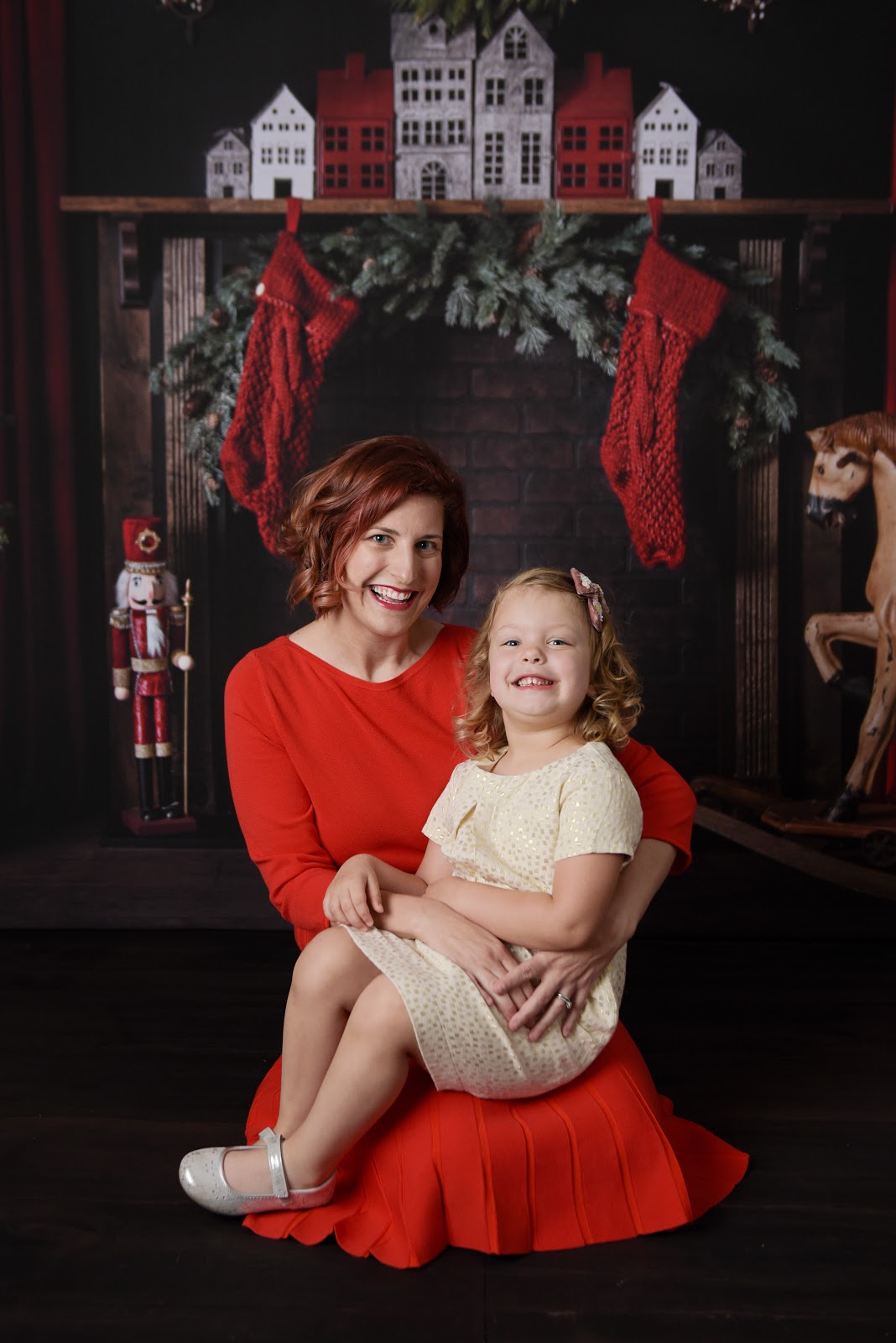Science of Reading from a Parent’s Perspective
By Sarah Cortell Vandersypen, CFRE
When I joined the Center for Development and Learning in January 2020, I knew very little about literacy instruction. We just learn to read in school, right? Oh, how uninformed I was. In the past 14 months, I have learned about structured literacy, the “reading wars,” three cueing, and more. I can rattle off third-grade reading proficiency rates and point to states that are making systemic changes to address their literacy crises.
While I’m now steeped in information about literacy instruction and surrounded by some of the brightest educators I know, I still have tremendous anxiety about my three-year-old daughter entering Pre-K this fall. My concern isn’t about her making friends or adjusting to a full-time school schedule, but rather, will she be taught by an educator who believes in the science of reading? Will the curriculum and the school leadership support explicit, systematic, and cumulative instruction?

Emily Hanford’s article, “Hard Words: Why aren’t kids being taught to read?”, opened my eyes to the reality of literacy instruction in the United States. In the United States, more than 60 percent of fourth-graders are not proficient readers.
As a parent, you might think that illiteracy or struggling to read is only something that poor, uneducated families face. While there are clear inequities when it comes to race and socioeconomic factors, the data also shows children at wealthier schools aren’t reading at much higher rates. Additionally, one-third of struggling readers are from college-educated families.
The literacy crisis impacts everyone.
So as a parent, what can you do to ensure that your child, their peers, and all children learn how to read?
As someone new to this space, I have a few ideas:
Become informed. As a parent of a spunky toddler, I know how limited time is, but understanding the general topics and terms in this space is so important when you want to advocate for your child. What curriculums are aligned with the science of reading? What is the difference between structured literacy and balanced literacy? Start with Emily Hanford’s articles. I have found Nancy Young’s The Ladder of Reading really enlightening too!
Ask questions. You have the right to ask questions of your child’s school and teacher. What curriculum are they using? What’s the scope and sequence for reading instruction? What type of professional development are the teachers receiving? You are your child’s advocate.
Support those doing the work. One of the things I love about the Center is that we’ve expanded our programmatic scope to include services for educators and families and advocacy for policy change. We can’t do it alone. Subscribe to our email list for updates. Make an investment in our work through a donation. Every dollar helps.

Sarah Cortell Vandersypen, CFRE
Vice President,
Advancement and Strategy
sarah@cdl.org
Sarah Cortell Vandersypen, CFRE is the Vice President for Advancement and Strategy at the Center for Development and Learning. In this role, Sarah oversees the organization’s fund development, marketing and communications, strategic partnerships, and organizational strategy. Sarah has been a Certified Fund Raising Executive since 2016. She received her MA in Arts Policy and Administration from The Ohio State University and her BA in Art History from Boston University.

Leave a Reply